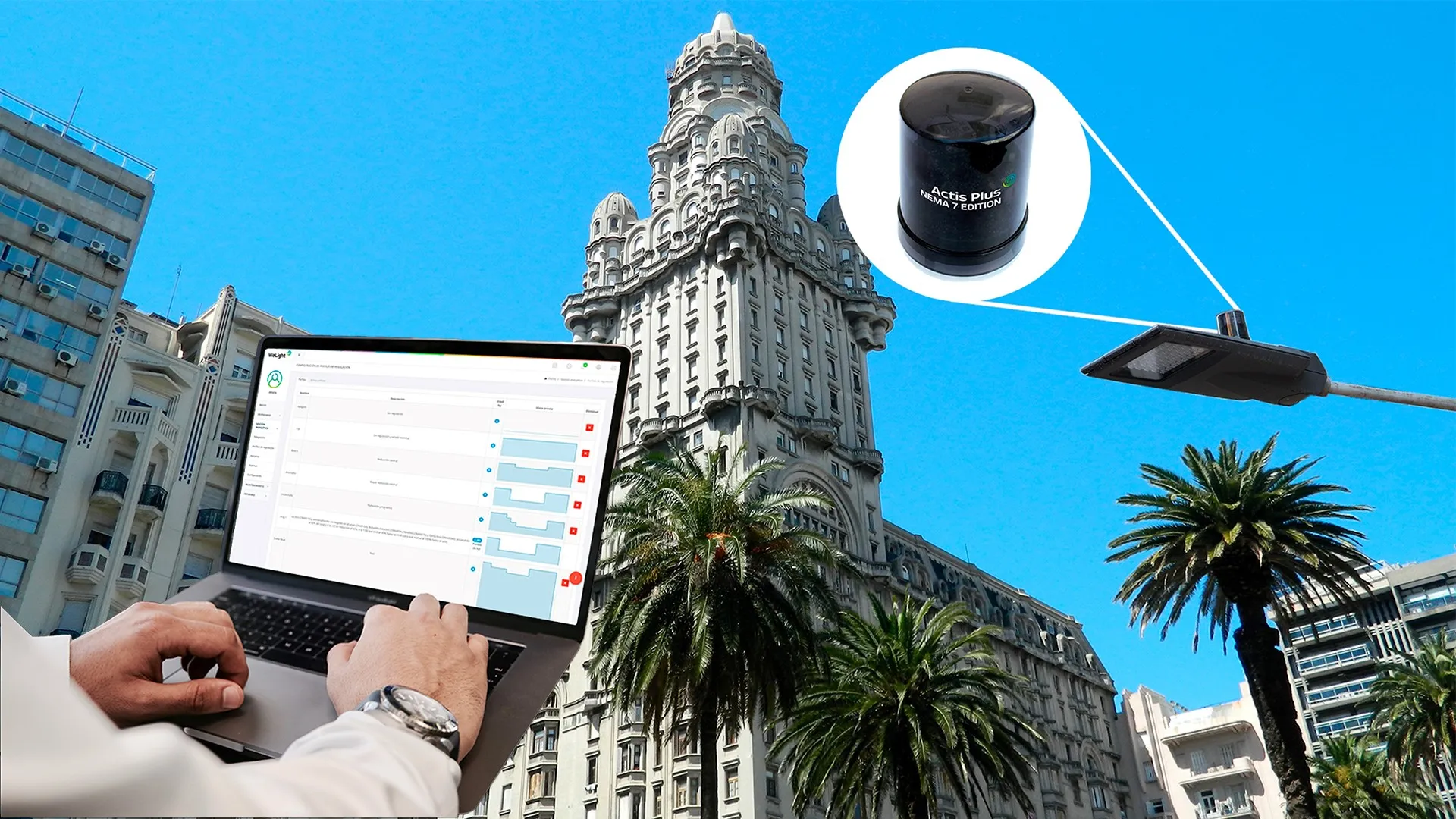Telensa has been selected by Wellington City Council in the UK to deploy its intelligent streetlighting system which according to the company pays for itself in reduced energy maintenance costs. The project will start in November 2017 and is due for completion in June next year. The Telena Planet is an end-to-end system that consists of wireless nodes connecting individual lights, a dedicated wireless network owned by the city, and a central management application. It aims to improve quality of service
November 28, 2017
Read time: 2 mins
The Telensa Planet is an end-to-end system that consists of wireless nodes connecting individual lights, a dedicated wireless network owned by the city, and a central management application. It aims to improve quality of service through automatic fault reporting and uses streetlight poles for supporting hubs for smart city sensors.
Will Gibson, founder and chief commercial officer at Telensa, said: “We’re delighted to be working with Wellington City Council to deliver a more efficient, more resilient streetlighting system that will be responsive to citizens’ needs for decades to come. And we’re looking forward to working together on low-cost smart city applications, enabled by the city’s new lighting network.”








